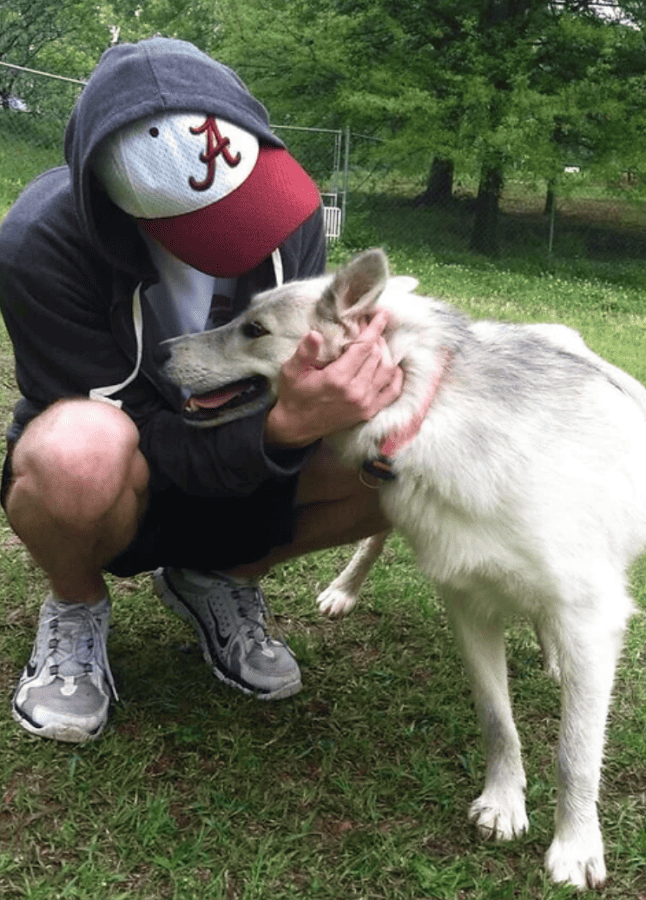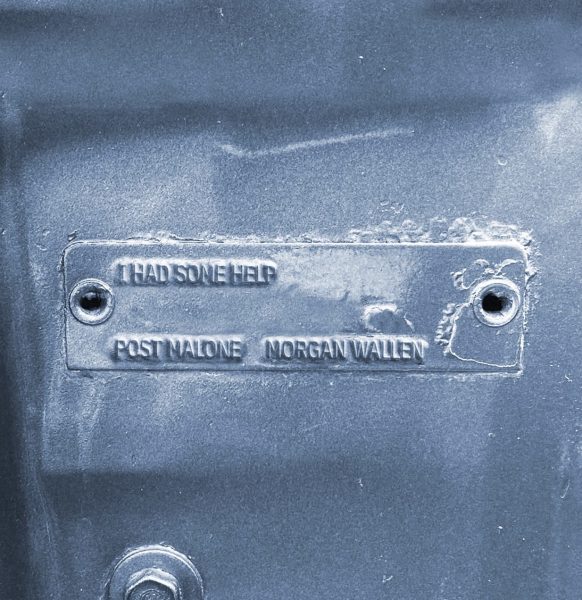How to help animals at local shelters
January 11, 2023
As the weather warms up in the coming months, students on campus will be seen walking their dogs around the Quad and spending more time outside. However, students who don’t own pets can volunteer at local animal shelters and enjoy their free time with animals in need of a companion.
Local shelters in Tuscaloosa work tirelessly to take in animals that have lost their homes.
Caring for these dogs and cats is a full-time job, and the Tuscaloosa Metro Animal Shelter and the Humane Society of West Alabama are always happy to have new volunteers.
The Tuscaloosa Metro Animal Shelter is a government- and grant-funded facility. It can house up to 250 animals at once and currently has almost 351 in its care. Over 100 animals are being fostered by people in the surrounding community.
Jennifer Earp, the executive director of Metro Animal Shelter, said they have a high exchange rate because as soon as one animal is adopted, another one is brought to the shelter. The shelter is typically at capacity.
The Metro Shelter spends time doing community outreach and spreading awareness for its programs in order to inform the community about its cause.
One program they oversee is called “Happy Hour,” which allows students to check out a dog for up to five hours. They can take it for a walk at the Tuscaloosa Riverwalk or even drive-through Starbucks to treat the dog to a pup cup.
While the shelter focuses on reactive programs, such as rescuing, transporting, fostering and adopting its animals, Earp said their mission is to additionally work proactively to prevent animals from being given up and brought into the shelter.
“Our focus has really become proactive instead of reactive,” Earp said. “We have turned our efforts toward being proactive and focusing on programs that keep animals out of the shelter and in homes where they belong.”
Earp said that when they are able to the shelter helps pet owners who are struggling to care for their animals by aiding in pet fees, helping to pay for them to get spayed or neutered, or even buying dog and cat food when needed.
While Metro does a lot to support its community, they hope for people to get involved and help the shelter when possible. Tuscaloosa Metro Animal Shelter holds community outreach events and fundraisers frequently to connect more people to their cause.
“The key to our success and to our programs is to make sure that everyone in the community is well-versed in what we do,” Earp said. “We want to be known as a community resource center.”
The Humane Society, another animal shelter in the Tuscaloosa area, has the same goal as Metro Animal Shelter, and that is to find their animals a loving, forever home.
The shelter is a non-profit, no-kill, organization and relies entirely on its own money from fundraisers and events.
While their facility is smaller than Metro Tuscaloosa Animal Shelter, they do what they can to take in animals brought to their shelter and also work with Metro when possible. Currently, between their location and pets in foster care, they have around 27 cats and 13 dogs.
The Humane Society of West Alabama emphasizes a detailed and fair adoption process to make sure each pet is a great fit for the home they are being brought into.
“The most rewarding part of this is getting to see our babies get loving, forever homes and knowing that through our adoption process, we know that when they leave us they are going to be in good homes,” said Tina Evans, a director and volunteer of the Humane Society.
The Humane Society shelter also prioritizes training volunteers. The facility relies entirely on its volunteers to help care for the animals and to organize and carry out fundraising and awareness events.
In the new year, Tuscaloosa Metro Animal Shelter and the Humane Society is waiving adoption fees on Jan. 24 and holding the Good Dog Tuscaloosa Adoption & Fundraising Event at Good Dog Daycare on Jan. 29, which will include food trucks, live music and adoptable dogs.
Additionally, the Humane Society works with organizations on the University’s campus and when they are able to, attends Get on Board Day and other campus events.
Both Evans and the president of the Humane Society, Tina Miller, said that getting your pet neutered or spayed, donating, volunteering, fostering, or helping spread awareness for their facility and its services are the best ways to help.
Their shelter has been open since 1971 and has recently celebrated its 50th anniversary.
“We have stood the test of time and we will continue to stand the test of time because of our great volunteers and a strong board of directors and our wonderful dogs and cats,” Miller said.
To see upcoming events and programs at the Tuscaloosa Metro Animal shelter, click here.
To learn more about volunteering and programs at the Tuscaloosa Humane Society, click here.











